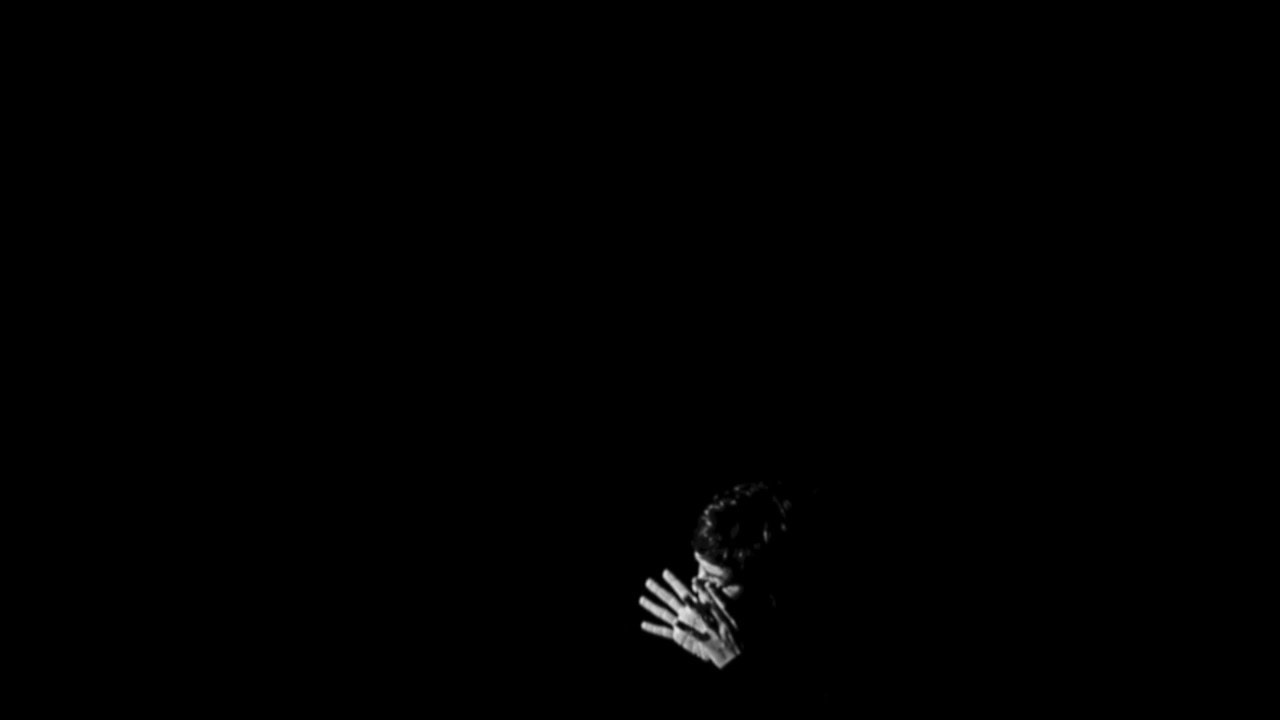For every songwriter, singer or band intent on getting from anticipatory verse to climactic chorus via the most ear-worming route possible, they’ll always be those artists more interested in lingering over the details of their music and exploring the liminal spaces in between the notes. Melanie De Biasio is very much one of those artists. Lauded in jazz circles for 2013’s sublime <a href=” https://www.youtube.com/watch?v=niORGSImsbI” target=”out”>No Deal, she’s now pushed out further from that album’s languid atmospheres and haunted romanticism into a new zone of feverish, post-rock reverie.
The cover of No Deal is dominated by a portrait of De Biasio gazing anxiously upwards, her face half in shadow; the cover to Blackened Cities features a panoramic view of an industrial landscape, the sun breaking through dark clouds. It’s a telling contrast in presentation – on her previous album, the velvet intimacy of De Biasio’s voice was centre stage, whereas for much of Blackened Cities, she takes a back seat to her band, giving them the freedom to drive the music and improvise. Often presented (somewhat reductively) as the Belgian Billie Holiday, De Biasio seems more intent on subverting the role of the tragic torch singer, using the sensuality of her voice to evoke heightened states of consciousness rather than just channel heartache and pain. It’s no surprise then that she’s a big fan of Mark Hollis and his soul mystic vocal style.
Talk Talk are a band whose name is often taken in vain, but it’s clear that Blackened Cities, a 25-minute spontaneous composition with minimal post-production, is more than a little indebted to the spatial rhapsodies of Spirit Of Eden and Laughing Stock. But while few have truly captured the essence of these remarkable albums, De Biasio and her band grasp it perfectly: this type of music is a conjuration that has to find its own path, because every note and nuance is part of the spell.
There’s a suitably unforced beginning – the hum of an amplifier, a deep murmur of Rhodes, the creak of a double bass – before a wind starts to echo through the concrete canyons of a pre-dawn metropolis. De Biasio starts to sing, the words unfurling slowly from her lips: “Blackened cities are humble / Strangers stroll and lovers stumble.” Over spare piano, every lyric is seduced into a new shape; she could be speaking into your ear, but the meaning remains elusive – is that a “golden kiss” or “golden keys”?
A jazzy pulse drives the music forward, building towards a spidery clavinet motif that’s very mid-70s Pink Floyd. De Biasio’s flute comes to the fore now, and its tone is as drowsily voluptuous as her voice, every breath deployed with care. The sound gets fuller and the rhythm more insistent, melodic elements rubbing against each other in the mix, but that flute remains coolly aloof.
It breaks down halfway to the taut clatter of drums and reverbed clavinet stabs, the rising sun hitting the steel and stone of the city’s buildings, illuminating them in spite of the dust and grime. “All we do is work all day long… Nature unveils another way,” sings De Biasio, the words tumbling from her mouth, carried along by the flow of the beat and spiralling piano lines – it’s as though she’s transformed into some kind of urban will-o’-the-wisp, breezing through the cracks in the pavement and the keyholes of every door.
Blackened Cities is a brilliant long-form exercise in mood and texture which takes De Biasio into a realm far beyond the rarefied confines of the jazz club. Where she goes next is anybody’s guess.



